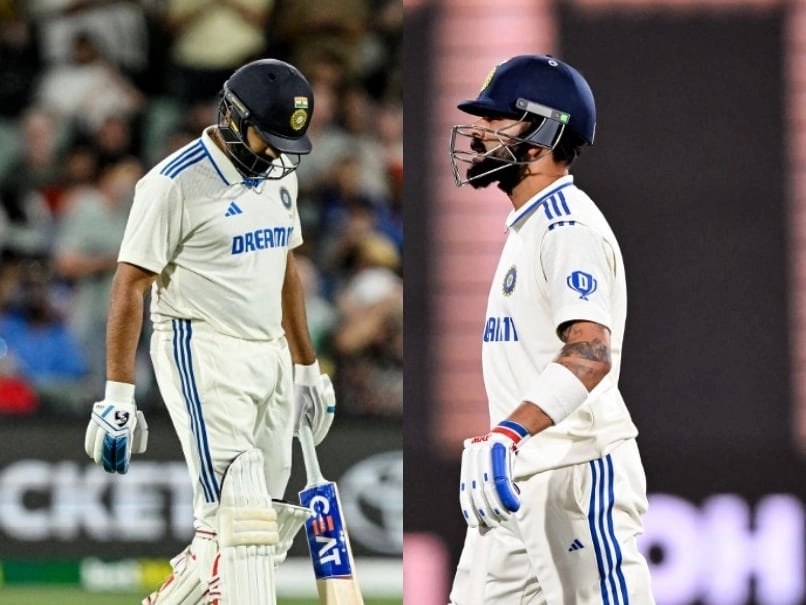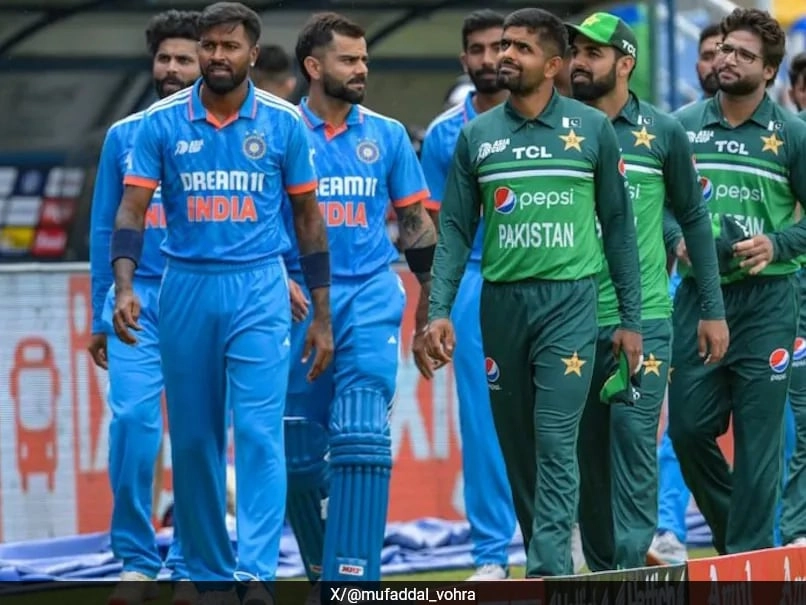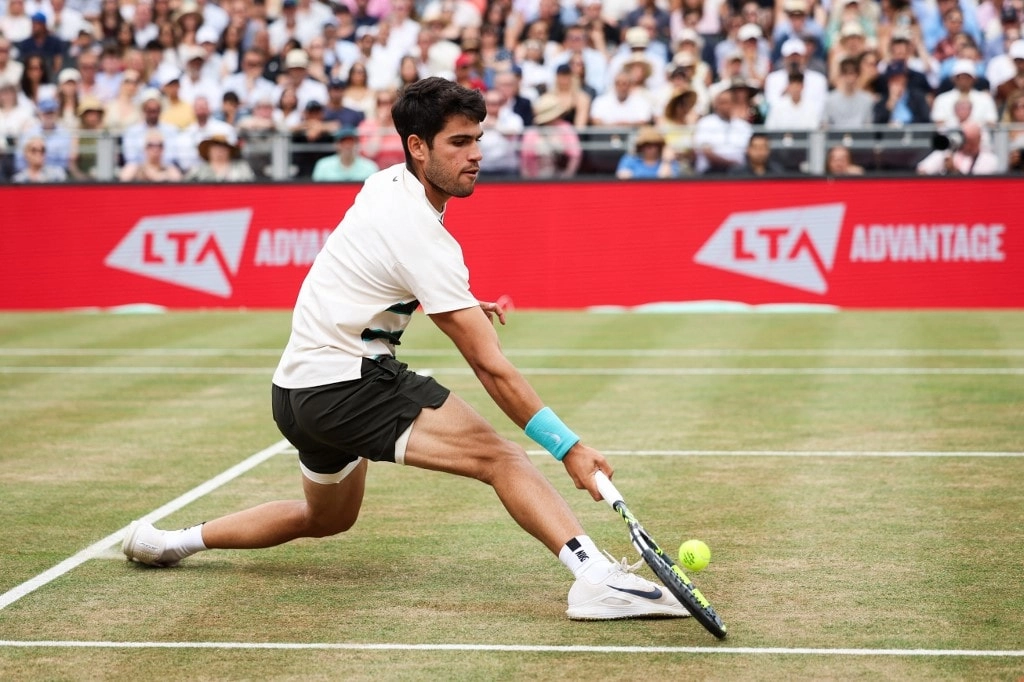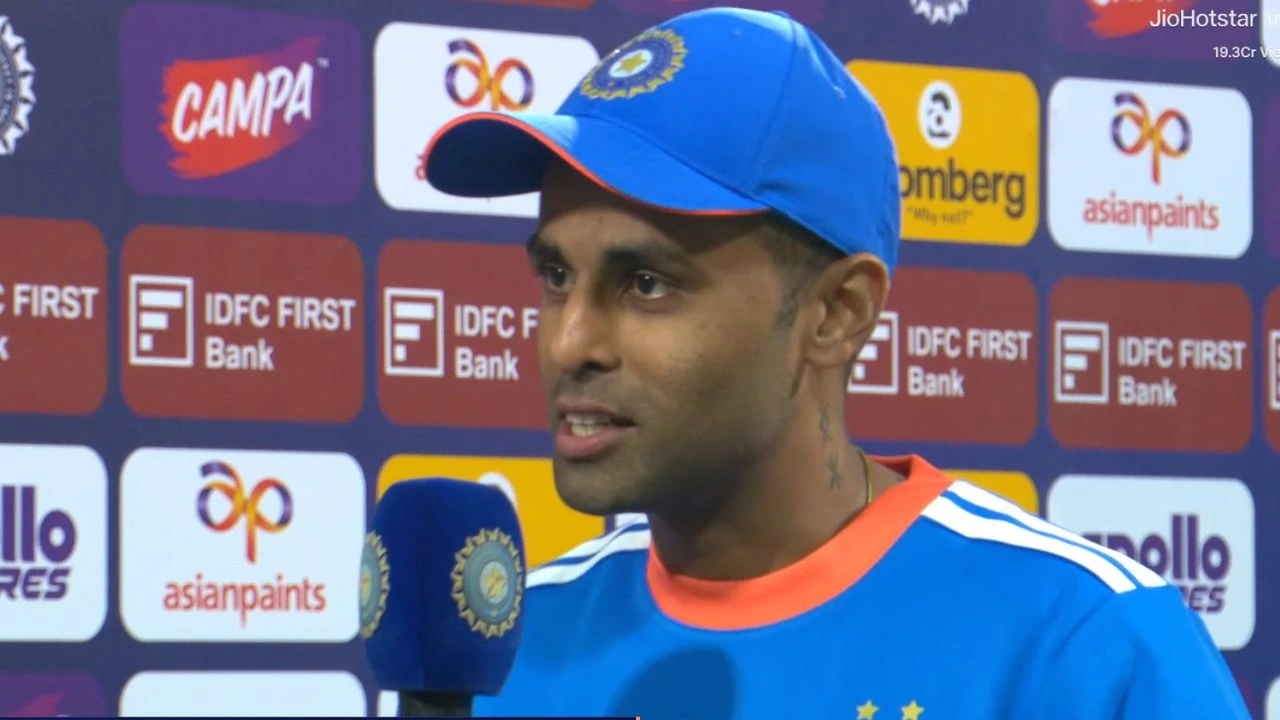In a recent statement that has sparked significant discussion among cricket fans and analysts alike, former Indian cricketer and commentator has shared his thoughts on the retirement of two of India’s most prominent players, Virat Kohli and Rohit Sharma. The cricketer emphasized that both Kohli and Sharma may have stepped back from the One Day International (ODI) format prematurely, suggesting that their decision could have been influenced by the evolving landscape of cricket and the increasing focus on shorter formats. The Board of Control for Cricket in India (BCCI) has since responded with a clear message regarding the future of ODIs and the importance of maintaining a balanced approach across all formats of the game.
The former player noted that while both Kohli and Sharma have had illustrious careers, their contributions to the ODI format have been unprecedented. He argued that their experience and skills could still play a pivotal role in shaping the team’s performance, especially as India prepares for significant tournaments in the coming years. By retiring from ODIs, the two stalwarts may have left a gap that could be challenging for the team to fill, particularly with the increasing competitiveness of international cricket. The BCCI’s response suggests that they are keen on retaining experienced players who can mentor younger talent while also delivering match-winning performances on the field.
Moreover, the ex-cricketer highlighted the broader implications of such retirements on the Indian cricketing landscape. With the rise of T20 leagues globally, there is a tendency for players to shift focus towards shorter formats, potentially at the expense of traditional formats like ODIs. This trend raises questions about the future of ODI cricket and whether it will continue to maintain its relevance in an era dominated by T20 cricket. The BCCI’s stance, as indicated by the recent comments, appears to advocate for a balanced approach, where seasoned players can contribute across formats, thereby ensuring that the ODI format remains competitive and exciting for fans.
In conclusion, the discussion surrounding Kohli and Sharma’s retirements from ODI cricket highlights a significant crossroads for Indian cricket. The BCCI’s message is clear: the organization values the contributions of experienced players and recognizes the need to uphold the integrity of the ODI format. As cricket continues to evolve, it will be critical for players, selectors, and governing bodies to navigate these changes thoughtfully to preserve the essence of the game while adapting to new trends. The future of ODI cricket may depend on how well these decisions are made in the coming years, and the cricketing community will be watching closely to see how these dynamics unfold.




